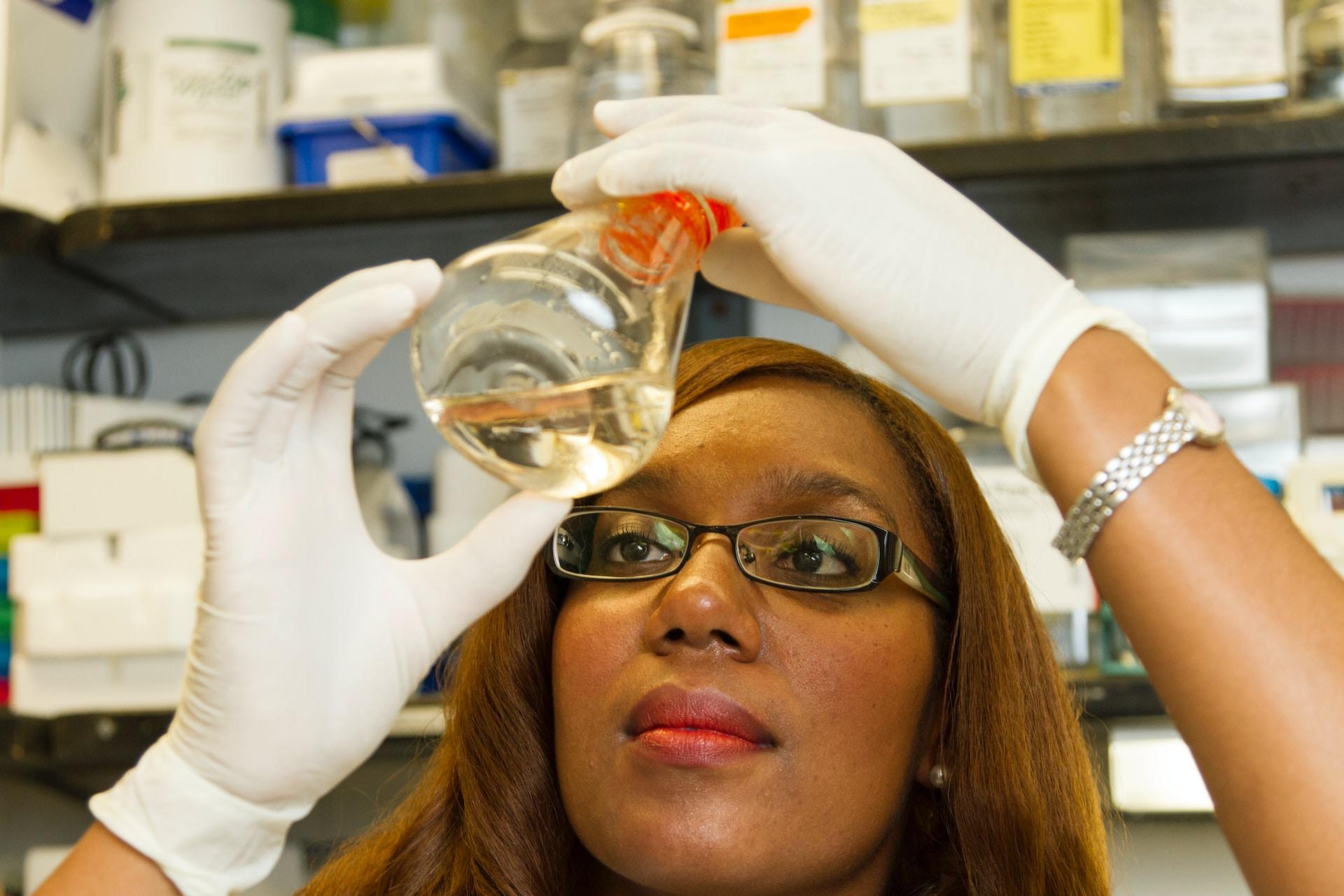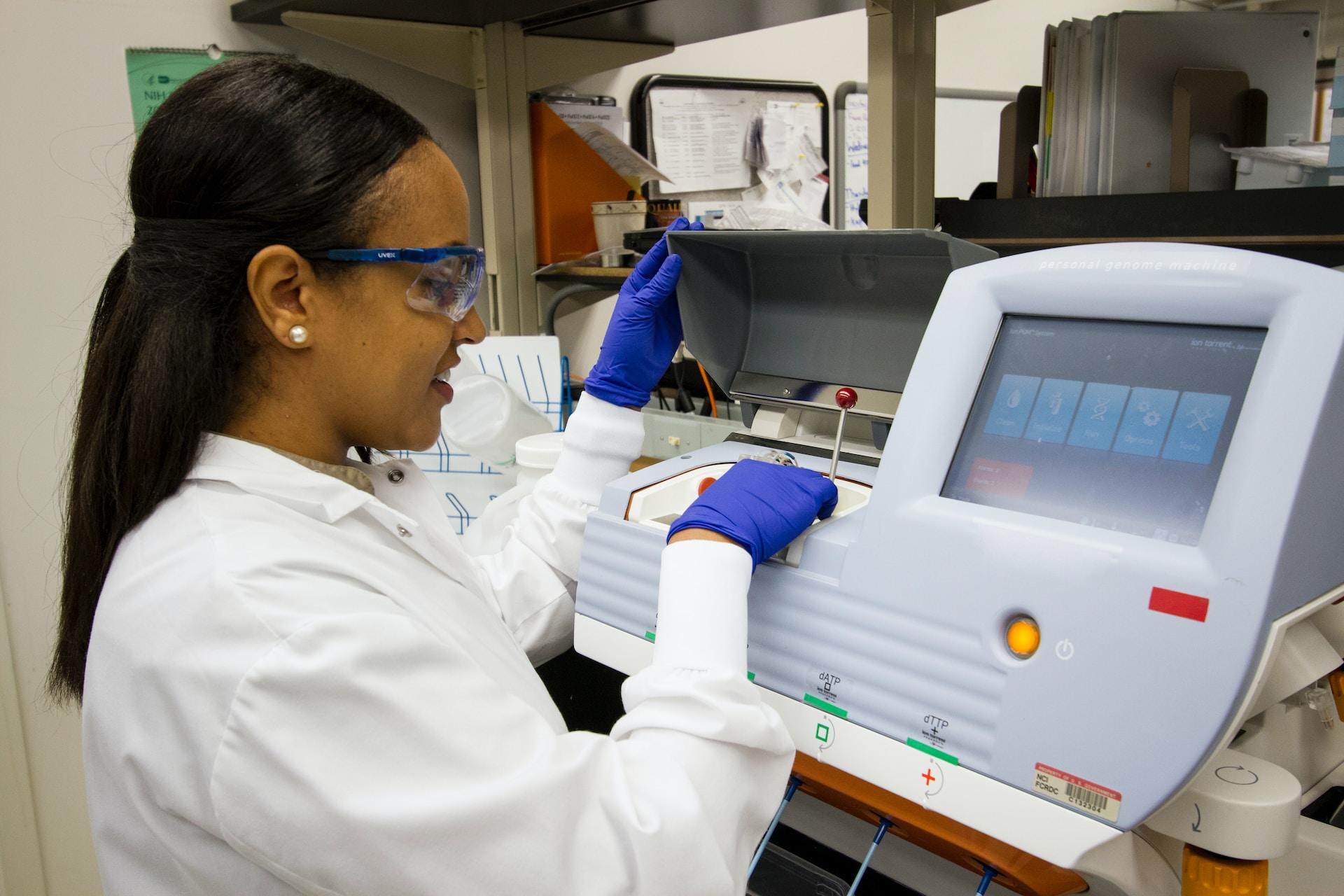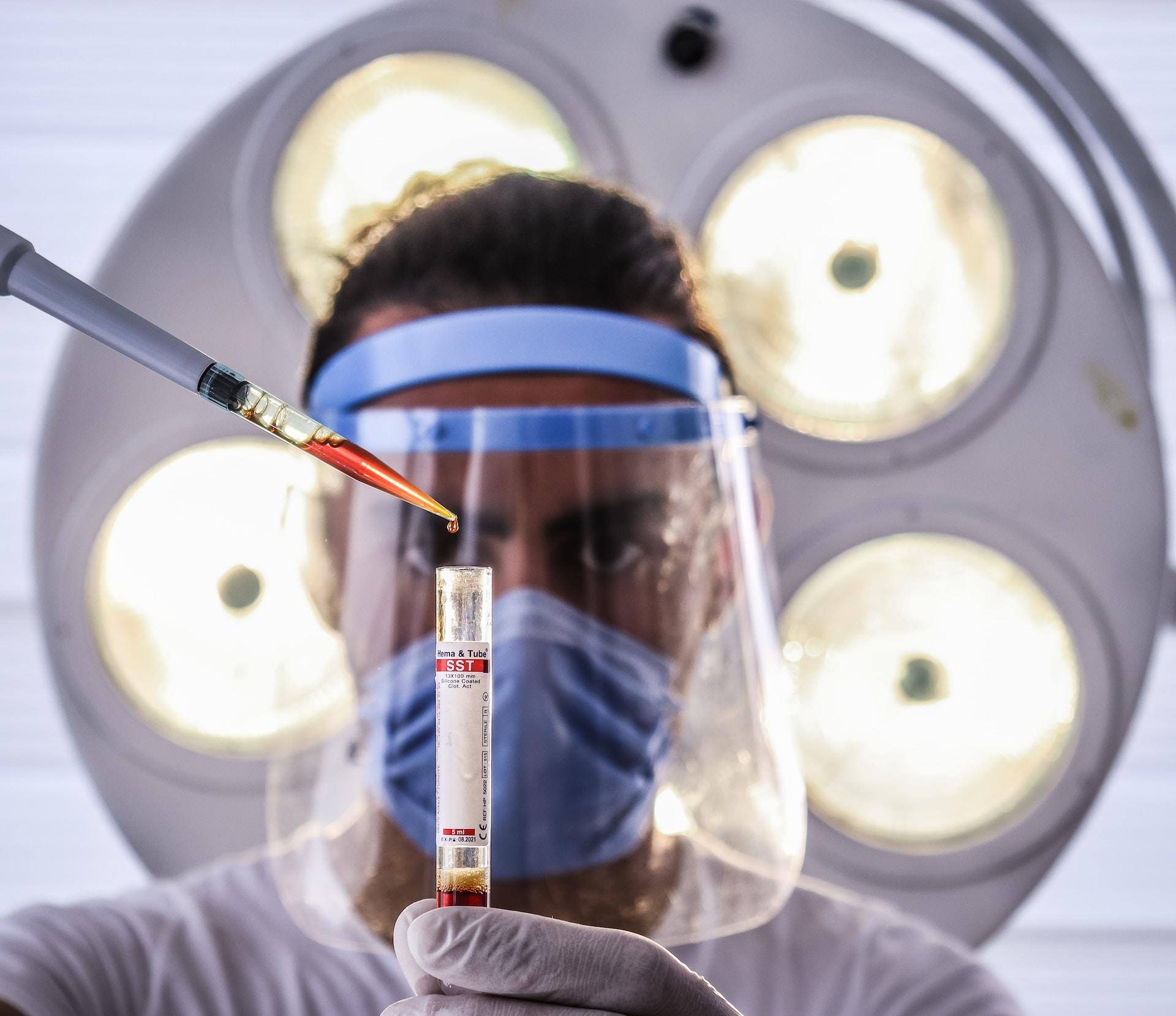For centuries, people held two professions in high esteem: barristers and doctors. Royalty, the landed gentry and the clergy formed the peak of social stratification but they didn't count as professionals. Much of the citizenry accepted that those stations in life were ordained.
But men of letters, what we call intellectuals today, worked for their position. They were learned men (and infrequently women) amid the masses who could neither read nor write. They contributed to society through their knowledge and abilities.
They earned the awe, respect and authority accorded to them.
Despite today's somewhat more egalitarian views, we still hold doctors (and lawyers) in high esteem. Few would challenge their doctor's diagnoses or dispute a recommended course of treatment.
Being a doctor lends a degree of social cachet accorded to few other professions. Even though, say, a software engineer's work is just as vital, they don't get near the praise.
But social clout isn't why international students want to study medicine in Australia. Future doctors from China, India and other parts of the world apply to our universities' medical programs for reasons all their own.
Now, we need to get the word out so more international students can discover how great Australian medical studies are.

Preparing to Study Medicine in Australia for International Students
From an academic perspective, international students have the same requirements as domestic students. To study medicine, all students should take science and maths classes. Biology and chemistry courses are ideal but nobody will frown on good physics marks.
Taking those courses isn't enough; marks have to be stellar. How high a grade point average (GPA) students should aim is hard to say; admission requirements vary from one Australian medical school to the next. Native Australian students planning to study medicine can refer to their target school's website to get an idea of their requirements.
These students know they will sit Australian Tertiary Assessment Rating (ATAR) exams. Their efforts will result in a rating that they can use on their medical school application as proof of eligibility. This matter isn't so straightforward for international students.
Universities in Australia all decide on their own policies and admissions criteria concerning international students. The University of Sydney entry requirements for international student admissions are downright confusing.
It states: "For qualifications awarded outside Australia, equivalencies and entry requirements are determined based on the country, institution, and qualification."
It could be maddening for international students to puzzle Australian admissions requirements on their own. They might consult with a student advisor or an international study coordinator; someone with experience in arranging for studies abroad. Such a professional would know all the pathways to study medicine in Australia.
Of all the requirements to study medicine in Australia, we are certain of one. Students must prove their ability to speak and understand English. International students must present an International English Language Testing System (IELTS) score to merit consideration for an Australian medical studies program.

Where to Study Medicine in Australia for International Students
Australia boasts 24 medical schools. Some are attached to the most renowned Australian universities. Those include the University of New South Wales (UNSW) Sydney, The University of Melbourne and Monash University. These three schools place in the Top 50 of the QS World University rankings.
Other schools are less well-known but, in many ways, make it easier for international students. For instance, Deakin University has representatives around the world who can help international applicants meet their admission requirements. Depending on the student's home country, they must file their application through an authorised Deakin agent.
Most Australian universities reserve a limited number of places for international students. Even if you meet all the program entry requirements, you may have to defer your entry until a place is available for you. Check the program requirements and entry limits carefully as you read through what each university has to offer.
In Australia, education is standardised through the Australian Qualifications Framework (AQF). That means that you'll receive the same quality of education whether you study medicine at the University of Adelaide or the University of Western Australia. The only difference is the programs available at each university.
With that said, some Australian universities offer international students more than others. Most consider the Australian National University (ANU) the top pick for students from abroad. Entry requirements are minimal; students should present an IELTS score and a high GPA from their high school studies.
ANU is one of the least expensive schools for international students. Depending on your degree plan, your tuition may be only $56,736/year. ANU also offers scholarships to help cover the cost of books and other study materials.
Entry into Monash University medical programs is very competitive. Students from all over the world vie for a place in this medical school so the higher your qualifications, the better your chances of acceptance. You must submit an Undergraduate Medicine and Health Sciences Admission Test (UMAT) and take part in a medical interview to qualify for entry.
All over Australia, medical schools welcome as many domestic and international students as they have places for. Even mature-age medical students, those who start their medical studies a few years later than most, find their places.
Studying medicine in Australia provides you with a world-class education while exposing you to a warm and vibrant culture. Great education and new experiences: It's no wonder so many want to study and experience life in Australia.

How Long Does it Take to Study Medicine in Australia for International Students?
From this point on, you'll read that a lot depends on the choices the student makes. Studying for a Bachelor's in Optometry takes four years but the student may add another year of study to become an ophthalmologist. On the other hand, if a student wishes to earn a Bachelor of Medicine, Doctor of Surgery (MBBS) degree, they will spend seven years in full-time study.
International students may follow one of two pathways to earn their credentials in medicine. They may earn their Bachelor's degree in a science or other medicine-related field. And then, they must apply for another four-year course to earn their Bachelor of Medicine.
Or they may pursue a double-degree medical study program. These programs blend undergraduate and postgraduate materials; this shaves a few years of study time off. Dual degree programs tend to cost more, though, and they are a bit more intensive.
How Much Does it Cost to Study Medicine in Australia for International Students?
Costs for university studies vary depending on which medical study program the international student enrols in. A Bachelors Degree in Dentistry won't be nearly as expensive as an MBBS degree. It will take a lot less time to earn, too.
Tuition fees also depend on which university the student attends. Illustrious institutions like the University of Sydney or the University of Melbourne will cost more. As an example, the 2023 estimated tuition for a four-year Doctor of Medicine degree at the University of Sydney is $88,500/year. By contrast, ANU lists their indicative fee as $80,136/year for the same degree.
International students may apply for grants and scholarships based on merit or need. Most of Australia's universities reserve monies for international students outside of their other money awards. But international students are not limited to those funds, they may apply for any scholarship they qualify for.
Australian universities offer a limited number of medical courses online. Tuition for these courses is much lower and they don't last as long. International students can learn aspects of medical training online provided they meet enrolment requirements.

Can International Students Study Medicine in Australia?
Not only can international students study medicine in Australia, they should! Australia boasts some of the finest medical study and research facilities in the world. And we're not stingy with access, either.
As mentioned before, Australian universities reserve a few places in their medical study programs for international students. These future doctors may return home after their studies to apply their knowledge and skills in their communities. Or they may choose to stay and work in Australia.
If students prefer the latter option, they must apply for a post-study work stream visa. This documentation lets these newly minted doctors stay in Australia for up to four years. This option is great for international students who wish to hone their medical skills in a setting they've come to know well.
How much an 'international doctor' earns in Australia depends on where they work and what their medical speciality is. A cardiologist or orthopaedic surgeon may earn over $100,000/year but a radiologist would take home a lot less. On average, medical graduate salaries range between $78,000 and $85,000/year in Australia.
If you're an international student wondering "Can international students study medicine in Australia?", we hope this article answers your question.
We also hope you found many reasons why you should study medicine in Australia. If we've left any of your questions unanswered, please write to us in the comments section; we'll be happy to hear from you.
















